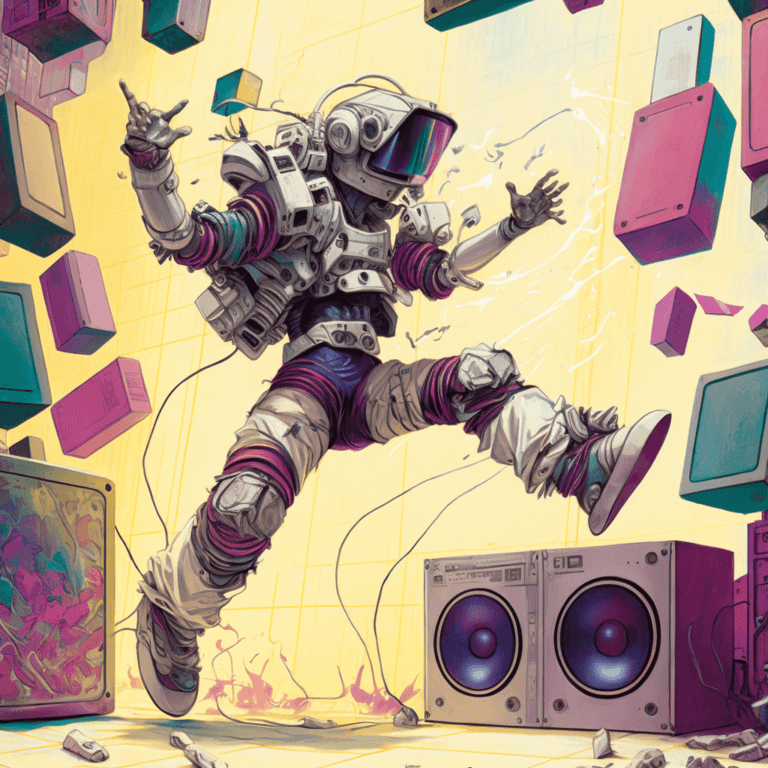BPM (Beats Per Minute)
BPM stands for “Beats Per Minute”. It’s a musical term that measures the tempo or speed of a song. In other words, it tells us how fast or slow a song is played. The BPM is like the heartbeat of a song; it sets the rhythm and pace that keeps the music flowing smoothly.
Let’s elaborate a bit more. Imagine you’re walking to the beat of a drum. If the drummer is playing really fast, you’ll take quick steps to keep up with the rhythm. This is similar to high BPM in music, where the beats come fast and create an energetic vibe. On the other hand, if the drummer is playing slowly, you’ll take slower steps, and the atmosphere becomes more relaxed. This corresponds to low BPM in music, which gives a calm and mellow feeling.
Now, let’s talk about a modern example. Take the genre of electronic dance music (EDM), for instance. In this genre, BPM is crucial. Tracks with high BPM, like 128 or 140, are common in upbeat and energetic EDM songs. These tunes get people moving on the dance floor, and the fast tempo keeps the excitement levels soaring. On the contrary, slower BPM, say around 100, is often used in chillout or downtempo EDM tracks, creating a more laid-back and contemplative mood.
BPM is a fundamental aspect of music that influences the mood and style of a song. Higher BPM brings energy and excitement, while lower BPM sets a more relaxed tone. It’s like the heartbeat that keeps the music alive and kicking.

So what’s this site all about anyway?
Well, if you ever find yourself needing music for anything – a YouTube video, a podcast, a school project, a presentation, TV commercial or even a film – then browse, preview and download any of our tracks





